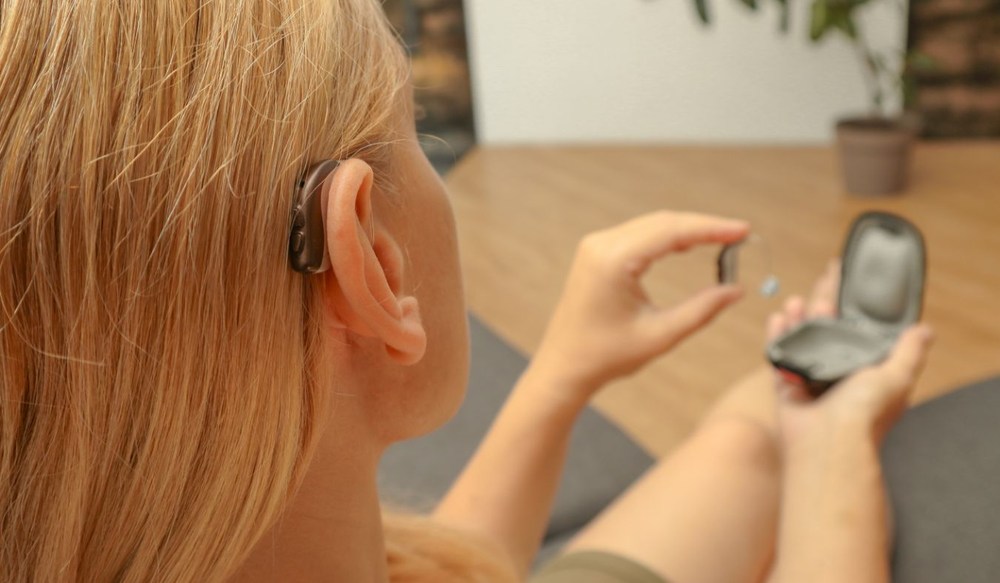Understanding the Warranty and Repair Policies for Hearing Aids
Your hearing aids are important tools that help you stay connected to


Your hearing aids are important tools that help you stay connected to

As winter approaches, it’s a perfect time to think about your

Living with hearing loss affects how we connect with those closest to us.